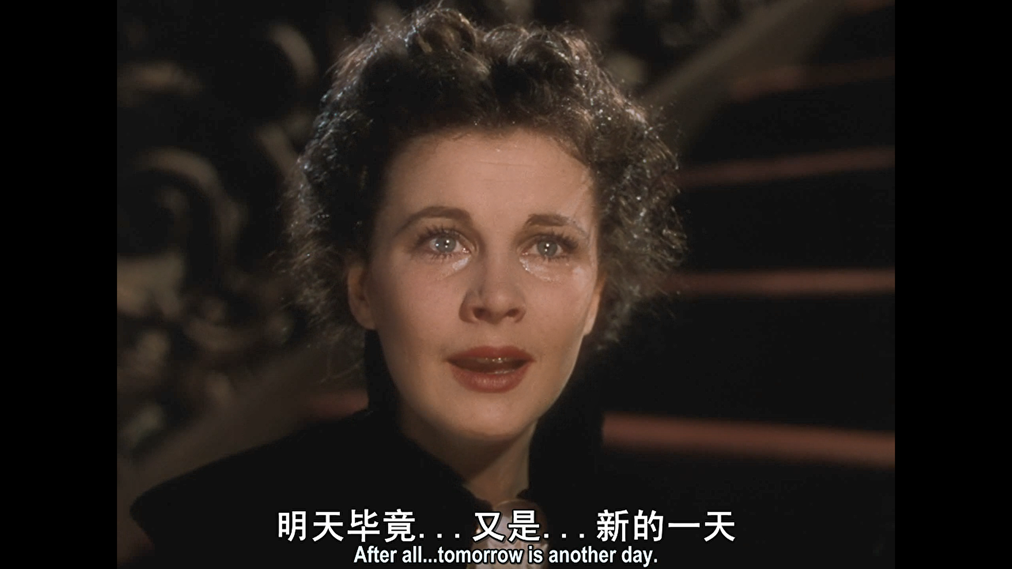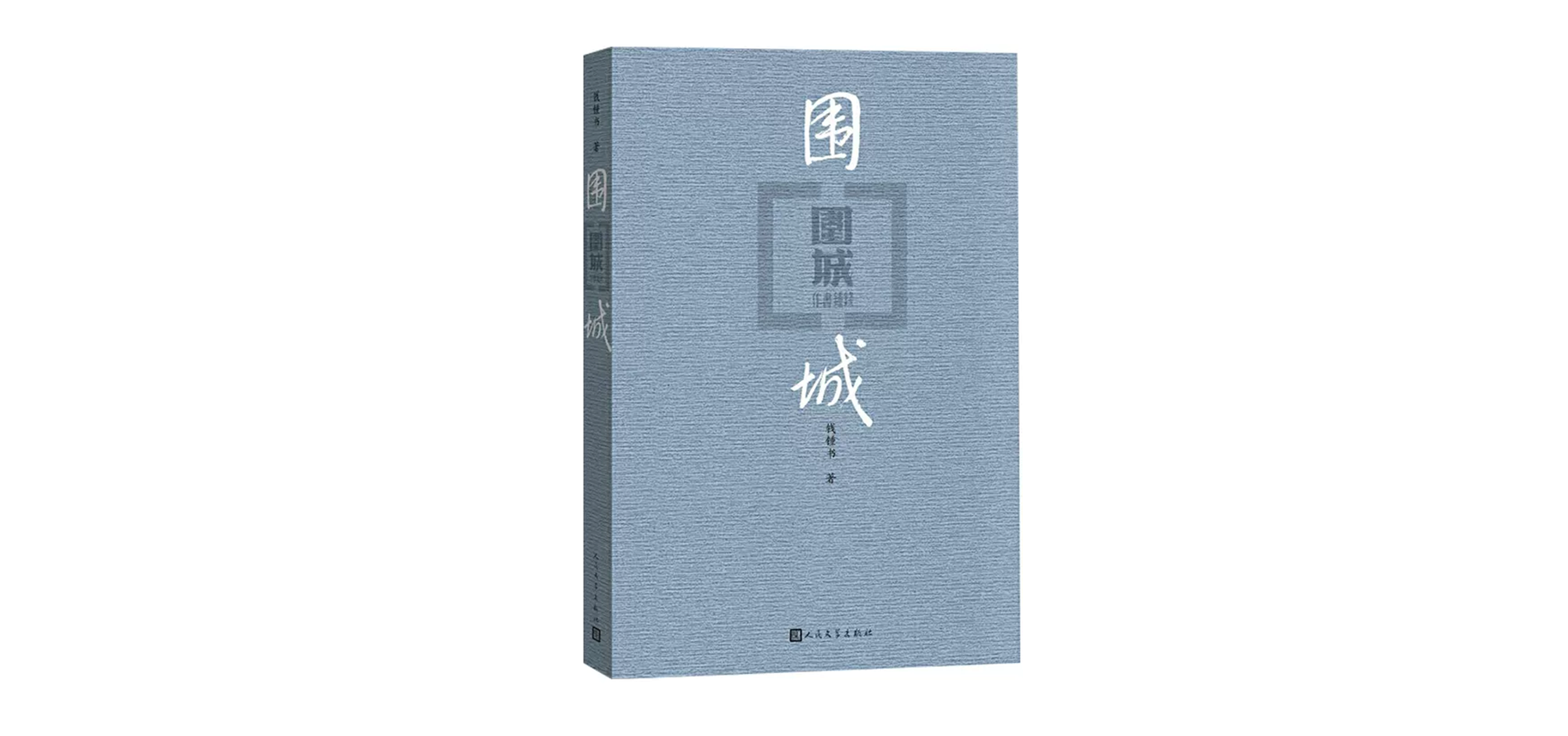每日外闻18
The Gene: An Intimate History by Siddhartha Mukherjee
中文书名:《基因转:众生之源》
本书作者悉达多.穆克吉是哥伦比亚大学癌症医生和研究员,曾写过一本书The Emperor of All Maladies,中文书名《众病之王:癌症传》,并以此作品获得了普利策奖。
The year Melinda and I started our foundation, President Bill Clinton convened in the White House some of the world’s great scientists to announce a huge milestone for humanity. Two rival efforts, one led by the National Institutes of Health and the other by a private company, had completed the first draft of the human genome map. “Without a doubt,” Clinton said, “this is the most important, most wondrous (奇妙的) map ever produced by humankind.”
Fast forward 16 years (快进16年). With little public fanfare, geneticists have reached another super important milestone. While the human genome map gave us the ability to read all three billion letters of our genetic code, we now have the power to edit the human genome as well.
Scientists have now launched early-stage clinical trials with these new genome-editing tools. These tools are generating a ton of optimism for diagnosing, treating, and curing human disease. Even before researchers successfully complete clinical trials in humans, genome editing will be put to good use in modifying plants and animals—all of which holds big promise for our foundation’s work to alleviate hunger and improve health in poor countries.
Although I am excited about these advances, we have to approach them with caution. It’s one thing to reprogram the code that runs our computers. Reprogramming the code that runs our species is a very different thing altogether.
As with any powerful new technology, genome editing will be attractive to people with both good intentions (reducing human suffering) and bad (causing it). Even just with respect to (关于) the former, the ethical questions are enormous.
I loved Mukherjee’s 2015 TED Talk and his brilliant book about cancer, The Emperor of All Maladies, which won the Pulitzer Prize in 2011. It must really tick off full-time writers that a doctor can win a Pulitzer in his spare time!
In The Gene, Mukherjee once again shows his gift for making hard science easily accessible. He wrote this book for general audiences, because he knows that it’s not good enough for scientists alone to debate the huge ethical questions that their discoveries provoke. As he emphasized repeatedly in our conversation, determining the proper rules and boundaries (边界) for these technologies requires broad public discussion, debate, and consensus (共识).
Mukherjee makes The Gene accessible in a variety of ways. Like all good science writers, he offers creative metaphors to explain difficult concepts. He is also a beautiful storyteller. He uses that talent to weave in his own family’s history of mental illness, which I found incredibly touching. And through stories, he introduces us to the key pioneers in genetics—from Gregor Mendel, who repeatedly failed the exam to teach high school science but later ushered in the modern science of genetics, to Francis Collins, the devout (虔诚的) Christian motorcycle enthusiast who brilliantly led the public effort to sequence the human genome.
Within 10 years, it will be possible for clinicians to use genome editing to help people with diseases caused by faulty genes. This form of therapy could be highly effective, but it would mean that children born from these sperm or eggs would pass along (传递) their genetically modified genomes to their own children—altering the human germ line and crossing an ethical Rubicon.
“By the time this book is published … the first ‘post-genomic’ human might be on his or her way to being born,” Mukherjee reports. And he is right! He Jiankui, a Chinese scientist who had announced the world first genome editing baby had born.
As I read The Gene, I came up with (提出,想出) long lists of ethical questions of my own. For example, what if a prenatal test told you with a high degree of certainty that your child will have an IQ of 80 unless you do this little edit? What if a private IVF clinic offered its patients a little enhancement to their fertilized embryos to boost children’s likely IQ from high to very high? This could exacerbate (恶化,加剧) inequities that are already a big problem—especially if this technology is available only for wealthy people. What about a series of edits that could dramatically reduce the incidence of disorders on the autism spectrum (自闭症)? Wouldn’t that mean reducing human diversity in dangerous ways—perhaps even eliminating the possibility of a future Alan Turing, the brilliant computer pioneer (开拓者,先锋) who helped break Germany’s Enigma code during World War II?
Technology is amoral (与道德无关的,无从区分是非的). It is neither good nor bad. It is up to all of us—not just scientists, government officials, and people fortunate enough to lead foundations—to think hard (认真思考) about these new technologies and how they should and should not be used. Reading The Gene will get you the point where you can actively engage in that debate.
See you tomorrow












